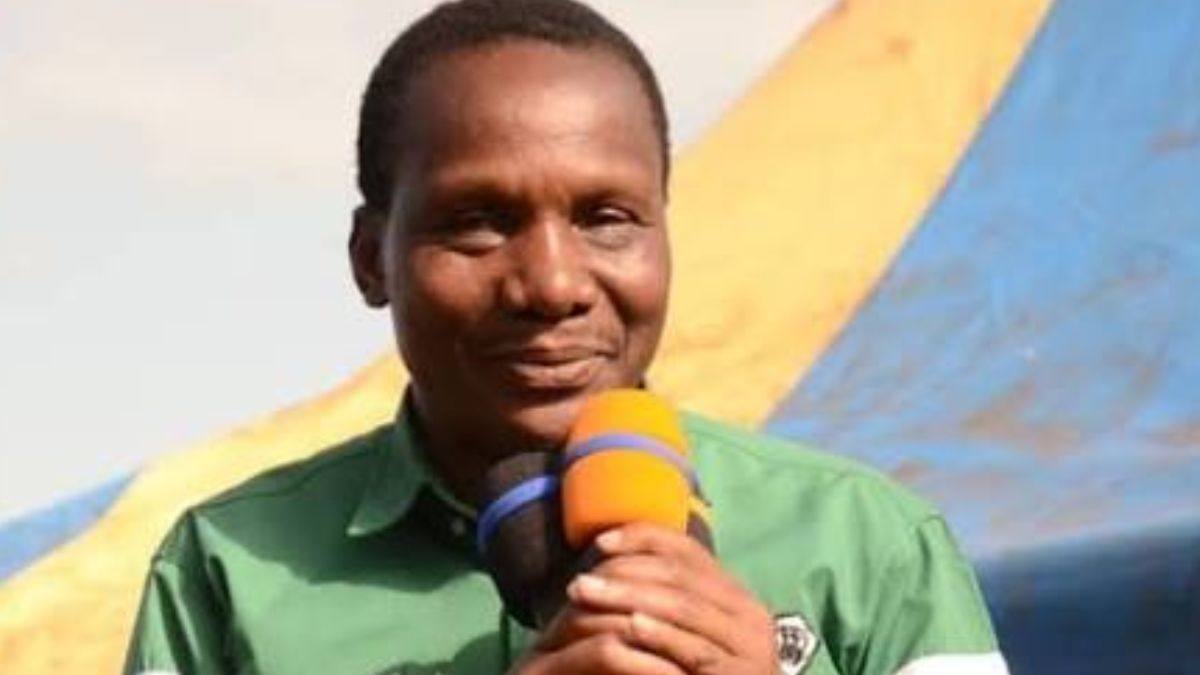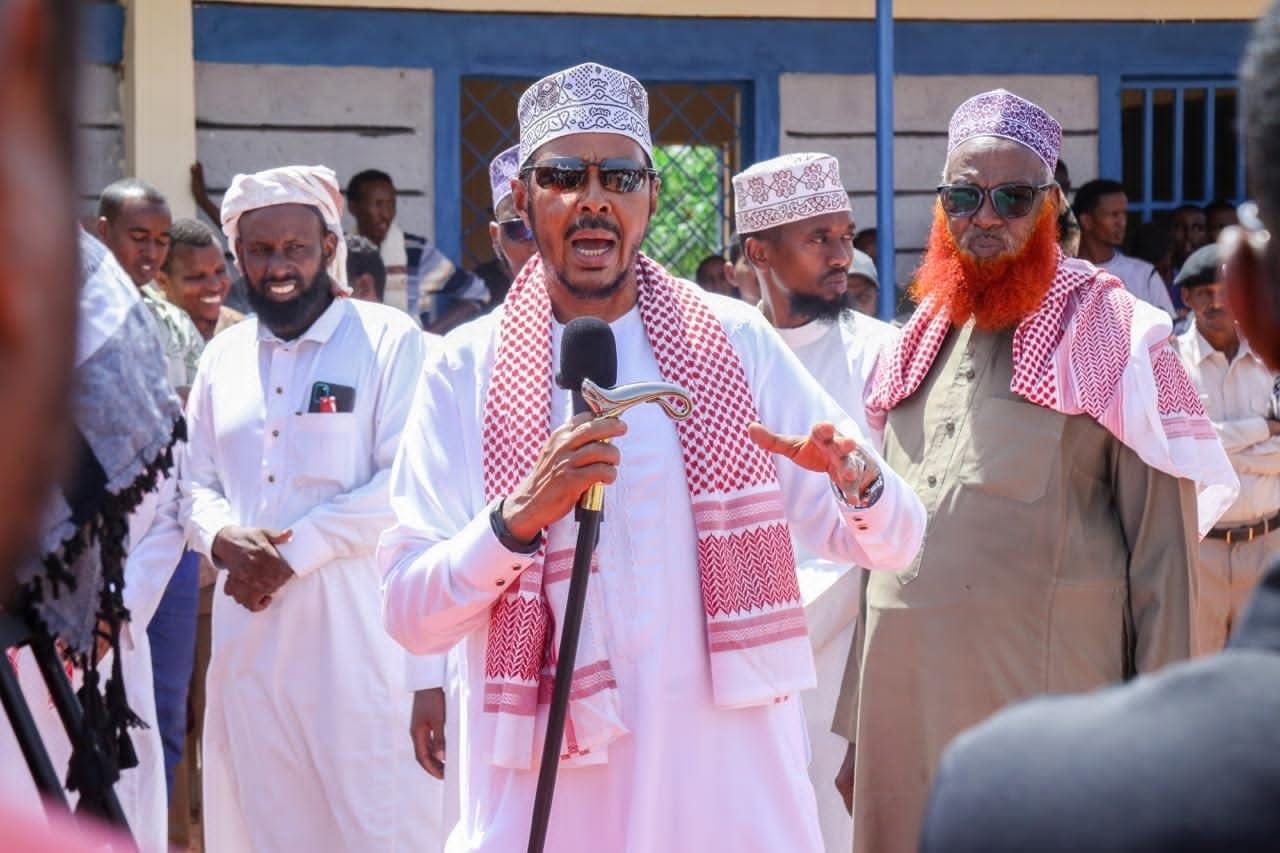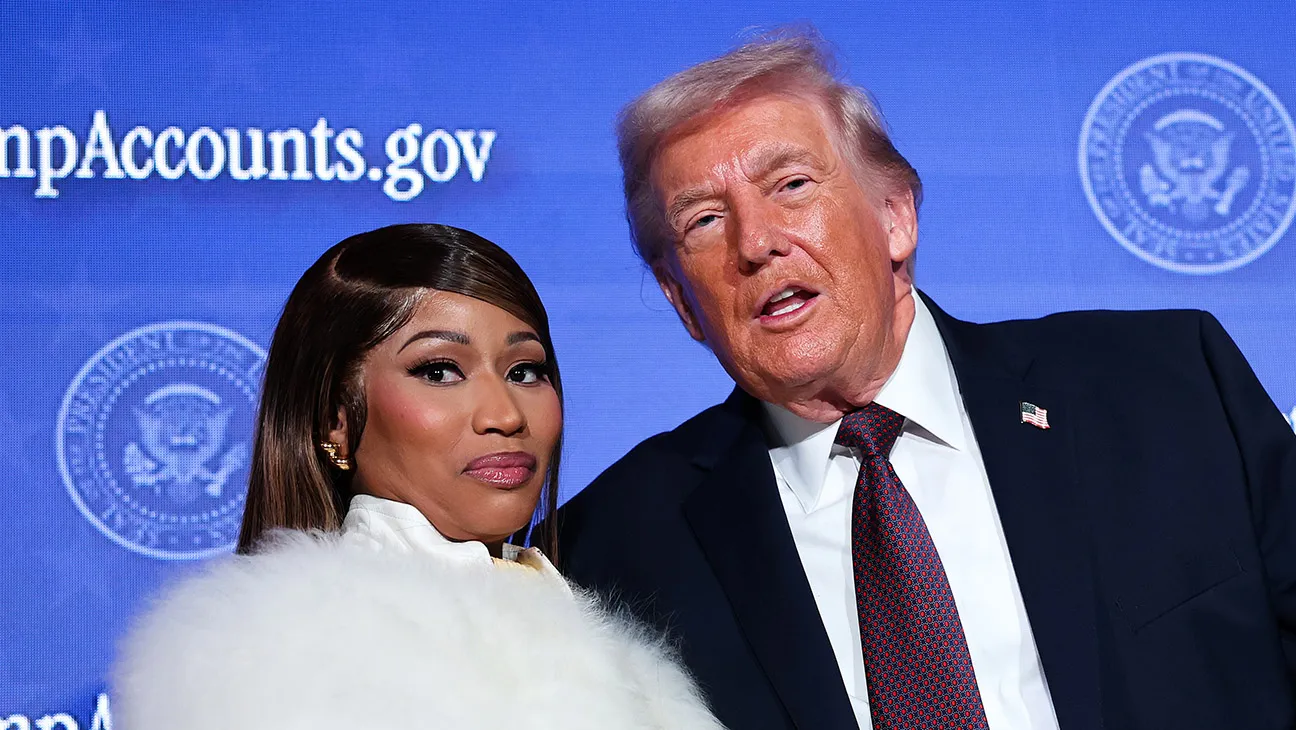The Finance docket in Kenya has consistently been a pivotal and challenging position since the dawn of independence, profoundly shaping the nation’s economic trajectory through both prosperous and turbulent times.
Over the years, a distinguished line of Kenyan Finance Ministers has had the honor of carrying the symbolic budget briefcase, each leaving an indelible mark on the country’s economic narrative.
As Cabinet Secretary John Mbadi prepares to carry the revered budget briefcase to Parliament, the nation collectively holds its breath.
There are high expectations for a budget that will effectively steer Kenya towards sustained economic growth, alleviate the burden of the rising cost of living, and foster a more equitable future for all citizens.
The stewardship of Kenya’s finances began with the late James Gichuru, the nation’s inaugural Minister for Finance post-independence.
A close confidant of Mzee Jomo Kenyatta, Gichuru was instrumental in laying the foundational economic policies of the nascent nation, thereby setting the stage for subsequent growth and confronting future challenges.
Here’s a chronological overview of Kenya’s Finance Ministers and notable aspects of their tenures:
James Gichuru (1963-1969): As Kenya’s first Finance Minister, Gichuru inaugurated the tradition of presenting the national budget. He is famously remembered for a humorous anecdote where he inadvertently left the budget briefcase in a bar after a night of revelry, causing a brief national panic.
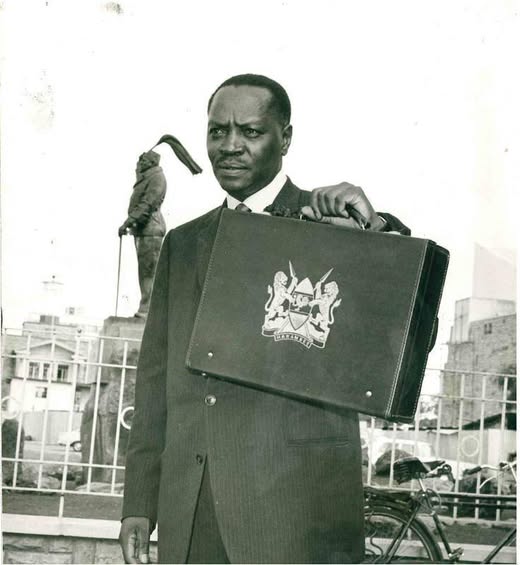
Mwai Kibaki (1969-1982): Kibaki, who would later serve as Kenya’s third President, holds the record for the longest tenure as Finance Minister. Taking over from Gichuru, he was renowned for his intellectual and analytical approach to economic management.
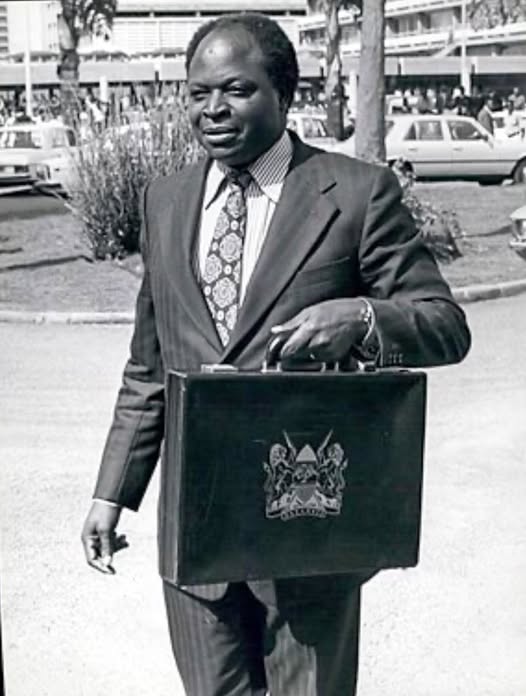
- Arthur Magugu (1982-1986): Magugu holds the unique distinction of presenting Kenya’s only delayed budget in 1982. This delay was necessitated by legislative changes aimed at transitioning Kenya into a one-party state.
- George Saitoti (1986-1992): Saitoti’s tenure as Finance Minister was overshadowed by the infamous Goldenberg scandal, a significant stain on Kenya’s economic history.
- Musalia Mudavadi (1993-1997): Mudavadi took on the critical challenge of mopping up excess liquidity in the economy, a direct consequence of the 1992 multi-party elections.
- Simeon Nyachae (1998-1999): Nyachae’s time at the Treasury was characterized by his strong personality and a no-nonsense, pragmatic approach to fiscal management.
- Francis Masakhalia (February 1999 – August 1999): Masakhalia served a brief but undoubtedly challenging stint as Finance Minister.
- Chris Okemo (September 1999 – November 2001): Okemo gained popularity for his initiative to remove tax on bicycles, commonly known as boda bodas, which are widely used for taxi services across the country.
- Christopher Obure (November 2001 – December 2002): Born on September 29, 1943, Christopher Mogere Obure had the notable task of reading the final budget under President Moi’s regime. He later served as the Minister of Public Works in the Government of National Unity and was the first Senator for Kisii County.
- David Mwiraria (2003-2006): Born on September 3, 1938, Mwiraria had a distinguished career as Permanent Secretary in various government ministries from 1977 to 1986. He then entered politics, serving three terms as the Member of Parliament for North Imenti. He became Minister of Finance under the National Rainbow Coalition from 2002 to 2006, ultimately resigning in the wake of the Anglo-Leasing scandal.
- Amos Kimunya (2006-2008): Appointed Minister of Finance by President Mwai Kibaki on February 14, 2006, following David Mwiraria’s resignation, Kimunya served as the Member of Parliament for Kipipiri Constituency. His tenure saw the replacement of the old budget briefcase due to wear and tear, and he also resigned due to the Grand Regency Scandal.
- John Michuki (Acting, 2008-2009): A no-nonsense minister renowned for his transformative impact on the Transport sector, Michuki temporarily held the finance docket, bringing his characteristic firm hand to the role.
- Uhuru Kenyatta (2009-2011): Serving as the Member of Parliament for Gatundu South from 2002 to 2013, Uhuru Kenyatta also held the positions of Deputy Prime Minister and Minister of Finance from 2008 to 2013. He read only one budget under the old Constitution, making him the last Finance Minister before the new Constitution fully came into force. Kenyatta, who would later become President, resigned as Finance Minister after being charged at the International Criminal Court (ICC).
- Robinson Njeru Githae (2011-2013): Githae previously served as the Member of Parliament for Ndia Constituency and as an assistant minister in the ministries of Justice, Transport, and Local Government before his appointment as Minister of Finance, succeeding Hon. Uhuru Kenyatta.
- Henry K. Rotich (2013-2019): Rotich’s term ended with his removal from office due to corruption charges. Notably, in 2014, the budget briefcase drew public attention when it was seen with sellotape used to reattach the coat of arms, a minor detail that highlighted a broader perception of neglect.
- Ukur Yatani Kanacho (2019-2022): On July 24, 2019, President Uhuru Kenyatta appointed Yatani as the Cabinet Secretary for the Treasury in an acting capacity following the sacking of Henry Rotich. He was confirmed to the position on January 24, 2020.
- Njuguna Ndung’u (October 2022 – July 2024): Ndung’u previously served as the eighth Governor of the Central Bank of Kenya for two consecutive four-year terms, from March 2007 until March 2015. In 2018, he rejoined the African Economic Research Consortium (AERC) as Executive Director. He was appointed Cabinet Secretary for the National Treasury and Economic Planning from October 2022.
CS John Mbadi and the 2025/2026 Budget: Expectations and Outlook
The current Cabinet Secretary for the National Treasury and Economic Planning, Hon. John Mbadi, is set to deliver his first official Budget Day speech on Thursday, June 12th, 2025. This marks a historic moment for Mbadi, having been appointed to the prestigious post last year.
His appointment is a direct outcome of a working agreement between President William Ruto and ODM party Leader Raila Odinga, which led to the formation of a Broad-Based Government. This government formation was notably precipitated by nationwide protests against the 2024/25 Finance Bill, which saw hundreds of youth break into the National Assembly as a powerful demonstration of displeasure with the proposed tax increases in the Bill.



